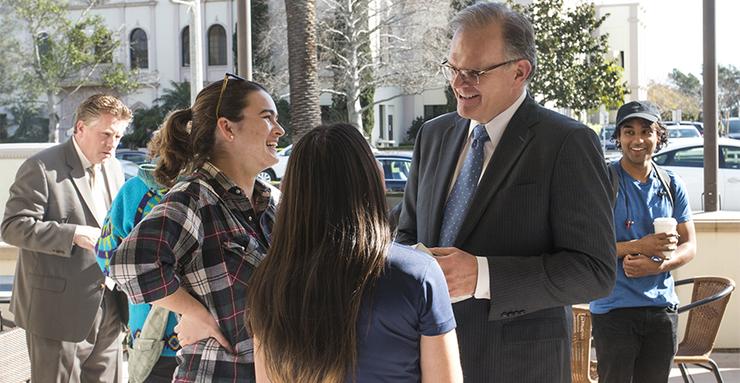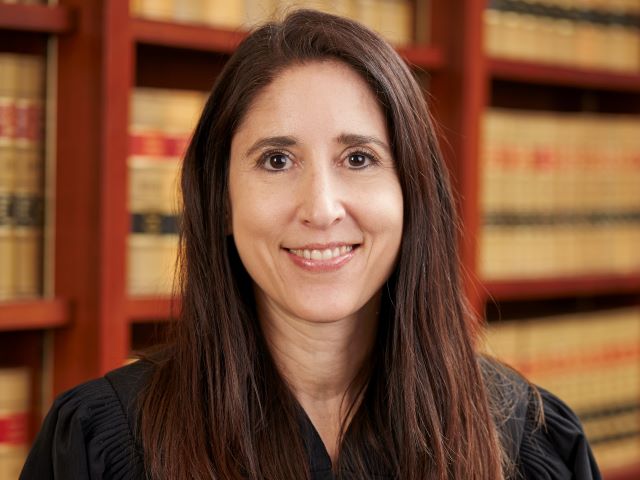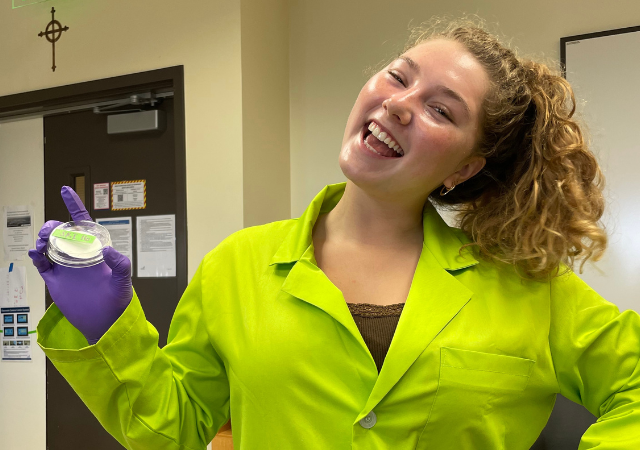President Harris Op-Ed: We're Scaring Off Future Einsteins
 University of San Diego President James T. Harris III, DEd, wrote an editorial in the USA Today on the importance of continuing to encourage and welcome international scholars into the U.S.
University of San Diego President James T. Harris III, DEd, wrote an editorial in the USA Today on the importance of continuing to encourage and welcome international scholars into the U.S.The following opinion-editorial by University of San Diego President James T. Harris III, DEd, was published in today's edition of the USA Today.
The United States used to welcome scientists and other luminaries from outside our country. This was true even in the 1930s during the rise of fascism in Europe. There was little doubt that the fascist leaders of Germany and Italy posed direct threats to our security, yet among those openly encouraged to seek refuge here were German scientists, many of them Jewish.
From 1930 to 1941, 12 Nobel winning scientists immigrated to America because of the Nazi threat, and most found academic homes in major research universities. The most famous was Albert Einstein, who left Germany in 1933 and became a U.S. citizen in 1940.
Intellectuals helped the U.S. win the war and ushered in a new era of renewed vigor in physics and the biological sciences. Our open-door policy to intellectuals also helped establish American universities as global academic juggernauts and the envy of the world.
Today, close to 1 million international students annually study in the USA, and the faculty ranks of every American major college or university are filled with international scholars, researchers and teachers. For decades, higher education has encouraged students, regardless of their country of origin, to attend our institutions.
During the past 23 years, I have served as the leader of three distinct institutions of higher learning, all of them with international student populations. Each year, I invite students to open forums, focus groups, town halls and fireside chats to get a sense of the pulse of campus and to hear what is on their minds. What has surprised me most in the past year has been the number of students from other countries who have told me they do not feel welcome in the USA, and also that they have no prospect of getting a job in our country after graduation.
Many of these students are from countries that were not part of President Trump’s executive order limiting refugees and visits from several majority-Muslim countries, but rather from U.S. allies such as India and Brazil. The message they are hearing and sending back to their home countries is that international students and scholars are not welcome in America.
We must reverse this trend.
Trump has an opportunity to reframe the national dialogue on immigration reform by making it clear that the United States welcomes and embraces scholars from across the globe. The administration should create a bold new higher education agenda guided by three broad principles: attracting top foreign scholars, opening opportunities for employment, and creating a pathway to citizenship for the brightest and the best in the world.
One concrete step would be for the administration to work with higher education leaders and top U.S. scholars to create a clearinghouse that identifies and reviews the credentials and backgrounds of the world's experts in fields of most interest to America, such as biotechnology, cybersecurity and innovation. The clearinghouse would act as a talent acquisition team, aiming to attract the world's best by pairing them with our most innovative universities. The federal government could support these efforts by reshaping immigration policies to favor scholars and students and by providing matching grants to universities that wish to hire or enroll these individuals.
The administration could also publicly encourage undocumented students and those with permits under the Deferred Action for Childhood Arrivals program to stay in college and earn their degrees, and offer them a pathway to U.S. citizenship once they graduate. These steps would reward students who wish to be productive and law-abiding citizens, and would signal to colleges and universities that the administration supports inclusive excellence.
The question we must consider is: Would Einstein still seek asylum in the United States today, or would he be scared away by the current rhetoric and proposed policies? Based on what I am hearing from aspiring Einsteins, the answer would be “scared away.” To change that, we must show that we are a compassionate nation, and that we understand the difference between keeping America safe and making America great.
— James T. Harris is president of the University of San Diego.



